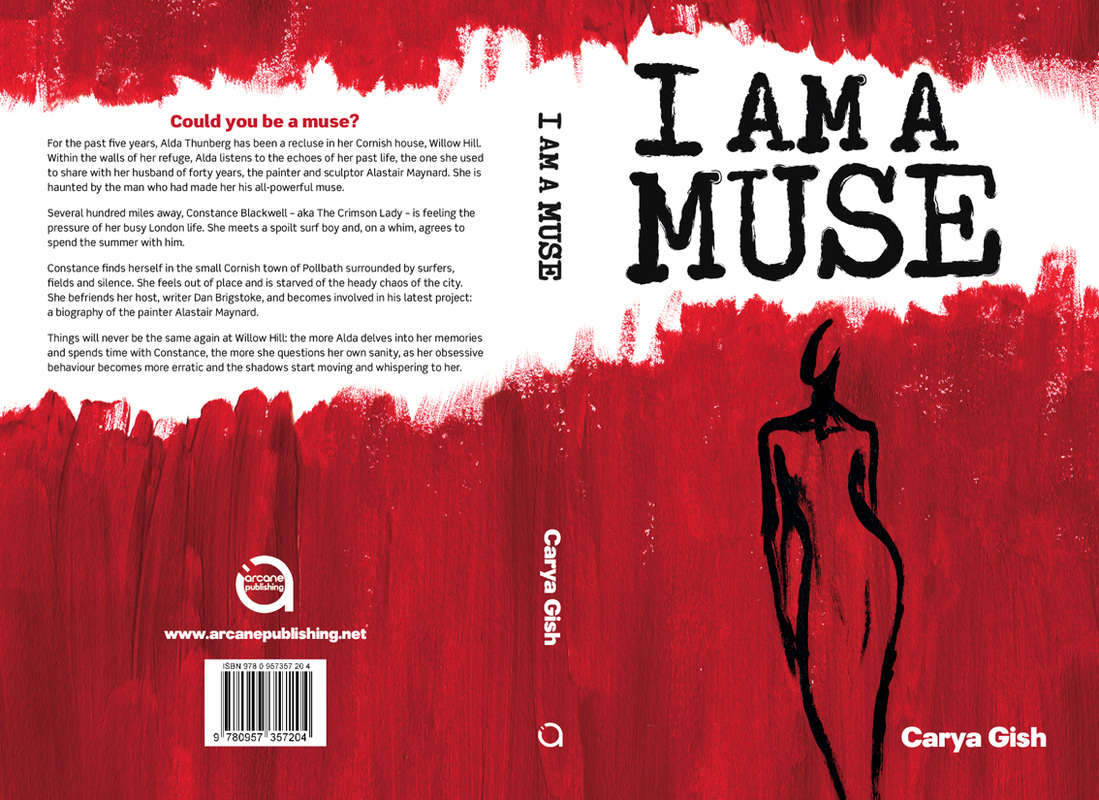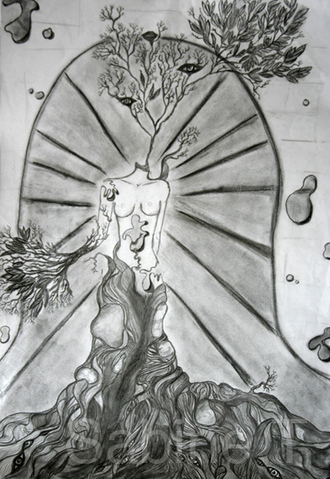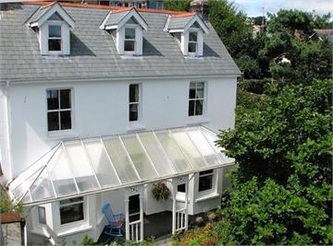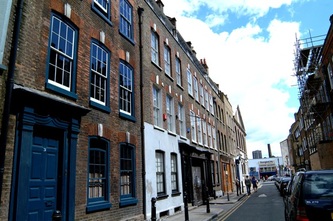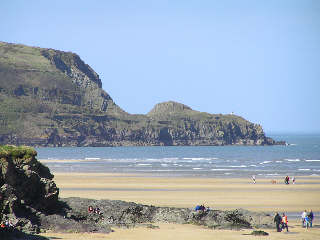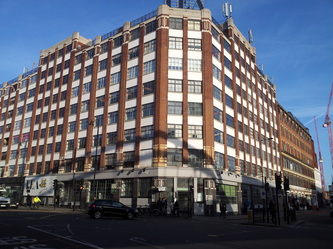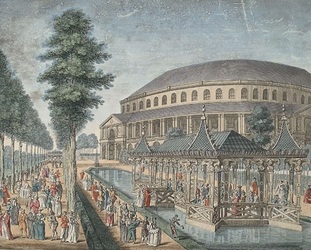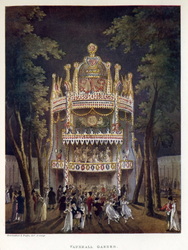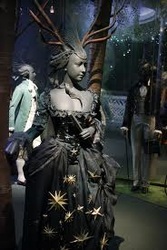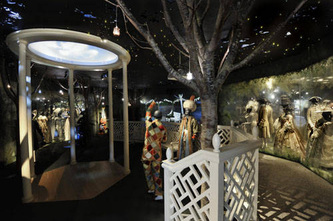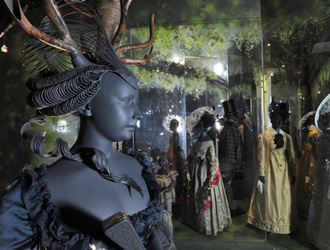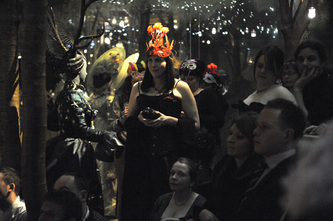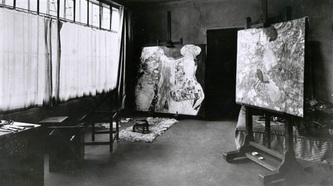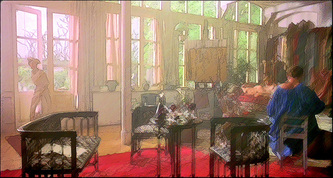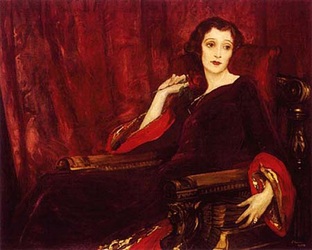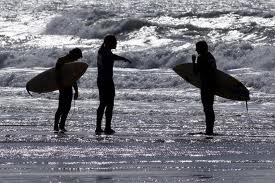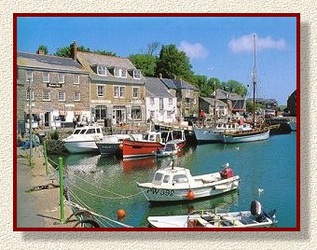The Crimson Lady invites you to
THE PLEASURE GARDENS 1ST ANNIVERSARY
« The delight of all persons of reputation and taste! »
Come and experience live music, performance, artistry, literature, high tea and fluffy cakes, cocktails and petits fours, dressing up and dressing gowns!
THE PLEASURE GARDENS 1ST ANNIVERSARY
« The delight of all persons of reputation and taste! »
Come and experience live music, performance, artistry, literature, high tea and fluffy cakes, cocktails and petits fours, dressing up and dressing gowns!
I Am a Muse
"I Am a Muse" is my first novel. PUBLICATION DATE: April 15th 2013
All texts are copyright © Carya Gish.
READ A FREE EXTRACT OF I AM A MUSE BELOW
(Please note that this PDF file does not show the typeset version of the book and has been generated from a Word file. The book itself looks even better!)
All texts are copyright © Carya Gish.
READ A FREE EXTRACT OF I AM A MUSE BELOW
(Please note that this PDF file does not show the typeset version of the book and has been generated from a Word file. The book itself looks even better!)
SYNOPSIS
For the past five years, Alda Thunberg has been a recluse in her Cornish house, Willow Hill. Within the walls of her refuge, Alda listens to the echoes of her past life, the one she used to share with her husband of 40 years, the painter and sculptor Alastair Maynard. She is haunted by the man who had made her his all-powerful muse.
Several hundred miles away, Constance Blackwell – aka The Crimson Lady – is feeling the pressure of her busy London life. She meets a spoilt surf boy and, on a whim, agrees to spend the summer with him.
Constance finds herself in the small Cornish town of Pollbath surrounded by surfers, fields and silence. She feels out of place and is starved of the heady chaos of the city. Soon, she befriends her host, writer Dan Brigstoke, and becomes involved with his latest project: a biography of the painter Alastair Maynard.
Things will never be the same again at Willow Hill: the more Alda delves into her memories and spends time with Constance, the more she questions her own sanity as her obsessive behaviour becomes more erratic and the shadows start moving and whispering to her.
SOME MUSIC WITH YOUR READING?
Listen to UNDER THE WILLOW TREE by The Mediaeval Baebes taken from their latest album, The Huntress. The perfect soundtrack to I Am a Muse.
For the past five years, Alda Thunberg has been a recluse in her Cornish house, Willow Hill. Within the walls of her refuge, Alda listens to the echoes of her past life, the one she used to share with her husband of 40 years, the painter and sculptor Alastair Maynard. She is haunted by the man who had made her his all-powerful muse.
Several hundred miles away, Constance Blackwell – aka The Crimson Lady – is feeling the pressure of her busy London life. She meets a spoilt surf boy and, on a whim, agrees to spend the summer with him.
Constance finds herself in the small Cornish town of Pollbath surrounded by surfers, fields and silence. She feels out of place and is starved of the heady chaos of the city. Soon, she befriends her host, writer Dan Brigstoke, and becomes involved with his latest project: a biography of the painter Alastair Maynard.
Things will never be the same again at Willow Hill: the more Alda delves into her memories and spends time with Constance, the more she questions her own sanity as her obsessive behaviour becomes more erratic and the shadows start moving and whispering to her.
SOME MUSIC WITH YOUR READING?
Listen to UNDER THE WILLOW TREE by The Mediaeval Baebes taken from their latest album, The Huntress. The perfect soundtrack to I Am a Muse.
Gallery
